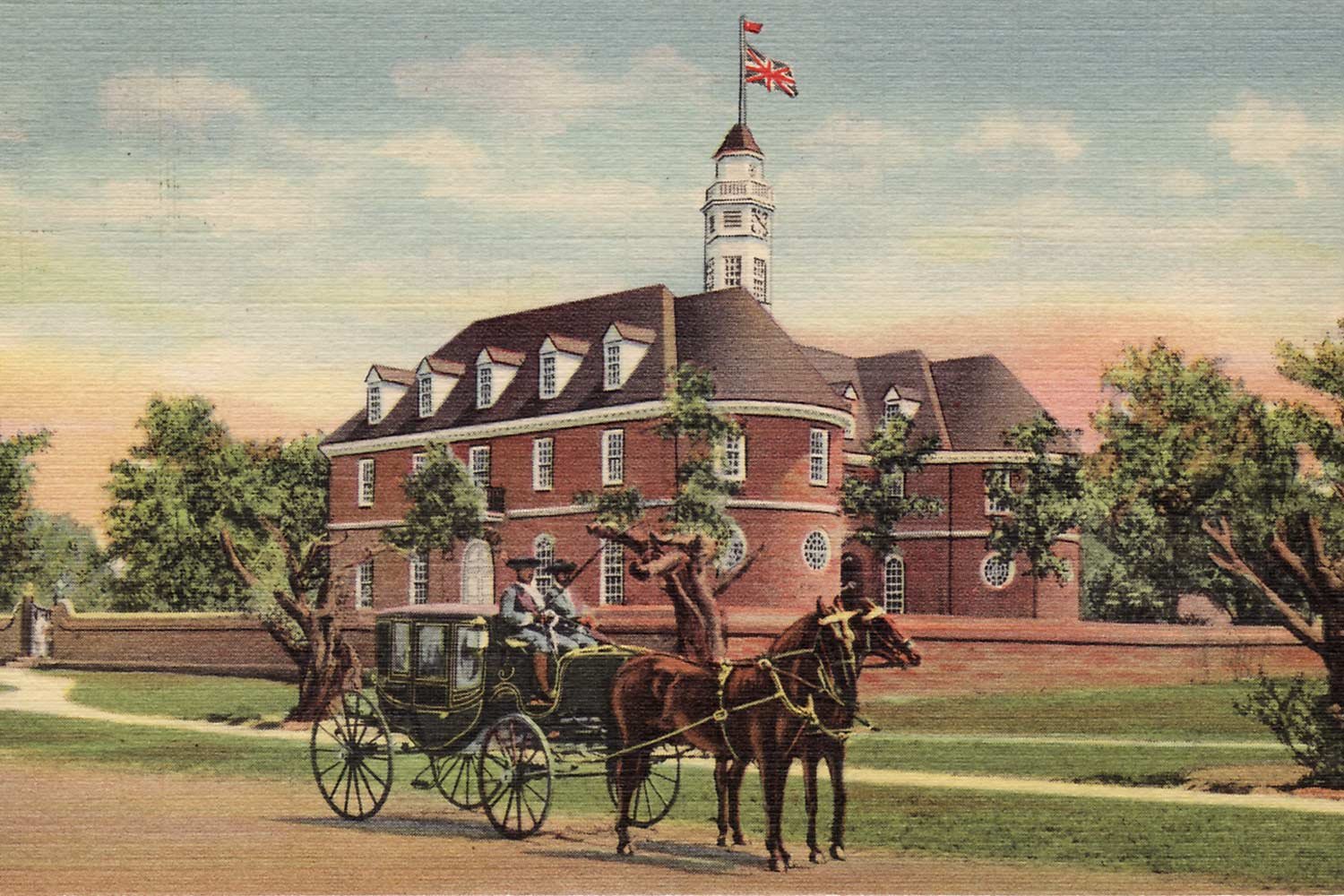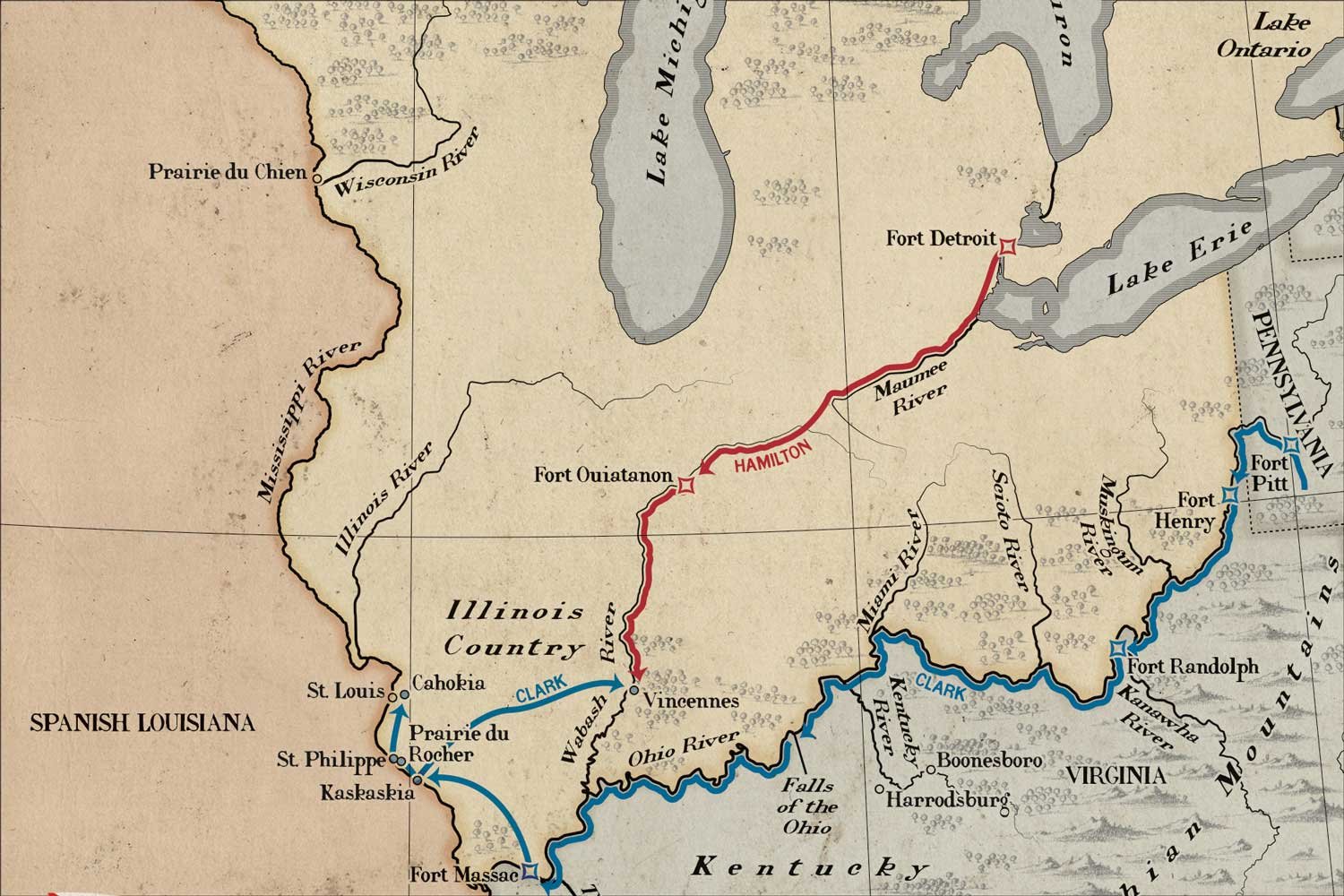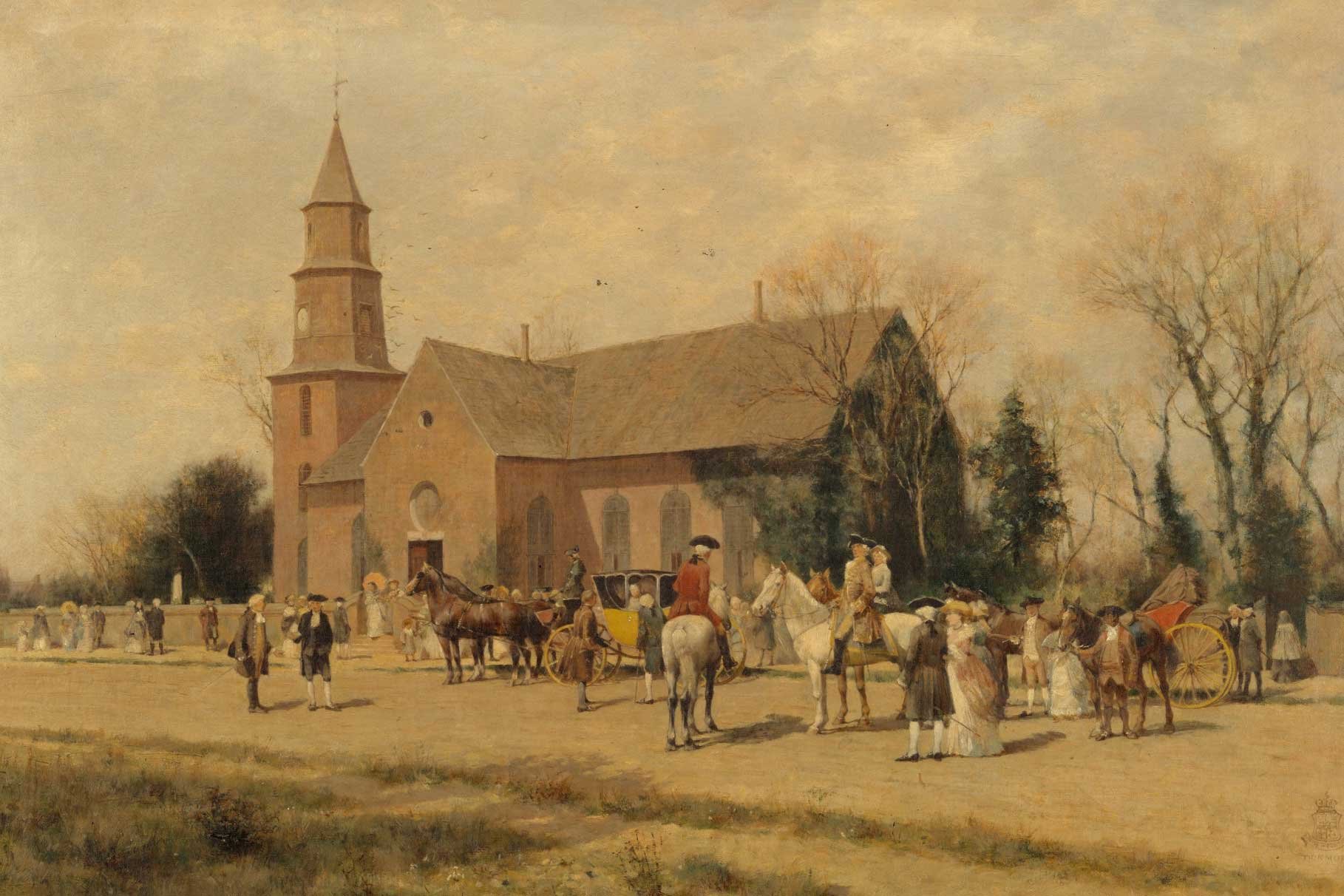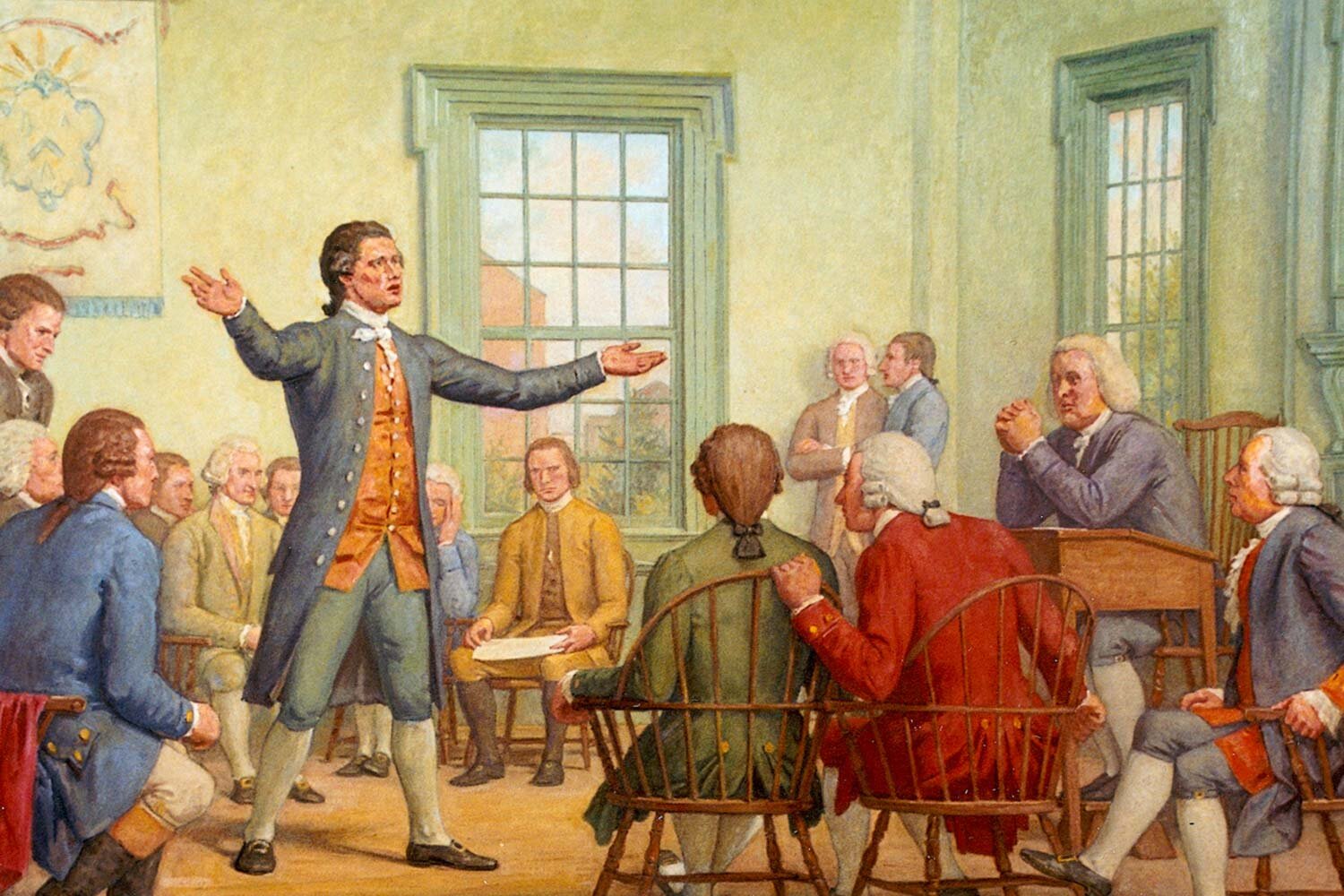

Thomas Jefferson, the Virginia Barrister
In 1765, Parliament passed the Stamp Act, the first internal tax on the American colonies, and thus began a decade of missteps by the British. Their miscalculations would take their country and their colonists on a direct path to Lexington Green and Concord Bridge on April 19, 1775. During this same year, Thomas Jefferson was concluding his time studying law under George Wythe and began to turn his eye towards the world at large and, more specifically, politics in the Colony of Virginia.

George Rogers Clark Leads Invasion of Illinois Country
As the American Revolution continued in the east, the British removed all regular troops from their western outposts to assist in the more active theater. Naturally, that exposed a weakness in their defense, one that the intrepid George Rogers Clark would soon exploit with an invasion of the southwestern region of the Province of Quebec. The results of this conquest would be felt several years later when this land captured by Clark was granted to the United States by the Treaty of Paris.

Virginia’s House of Burgesses, British America’s First Elected Legislature
The Colony of Virginia was established at Jamestown by the Virginia Company in 1607 as a for-profit venture by its investors. To bring order to the province, Governor George Yeardley created a one-house or unicameral General Assembly on July 30, 1619.

Forefathers Gather at Historic First Continental Congress
The First Continental Congress was a key link in the chain of events that led to our nation gaining its independence from England. This brief convention brought together most of the influential leaders from colonial America to determine an answer to Parliament’s recently enacted Coercive Acts.




